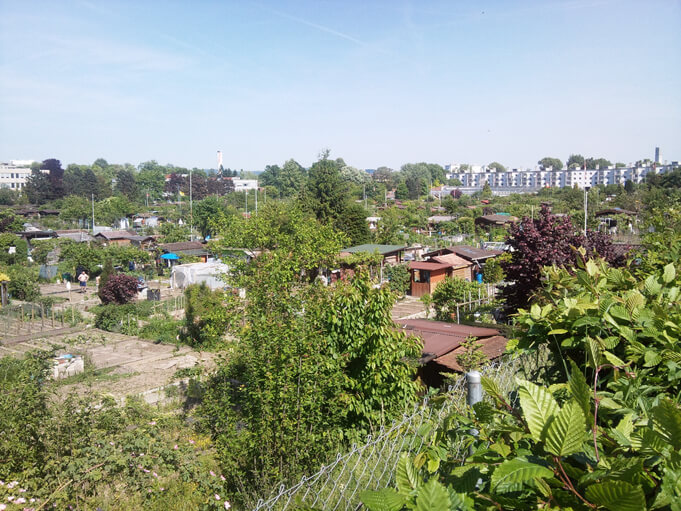
Having your own piece of green paradise right in the heart of the city? To many, that may seem like a distant dream. In Germany, these gardens have been a reality for more than 100 years.
History of the allotment garden or “Schrebergärten”
At the turn of the industrial era, urban populations grew at a dramatic rate. As the working class moved in, their connection to nature was slowly dwindling. At the same time, many of the new city-dwellers were also relatively poor. Thus, the concept of the allotment garden was born. These small gardens within city limits gave people the opportunity to grow their own fruits and vegetables for their own consumption. During the two world wars, these gardens also became an essential source of food for many families.
After the war, the allotment garden began to fall out of fashion. Germans became more financially secure, and fewer depended on these gardens as their source of food. During the 1970s and 80s, the allotment gardens were even considered provincial or tacky, with very specific rules as to their upkeep.
A hot commodity today!
Fast forward a few decades, and the allotment gardens have waiting lists years long. Berliners are trading out the mainstream nightclubs and tourist attractions for fruit trees and vegetable patches. Hobby gardeners, those looking to gain a better connection to the nature and grow their own food cultivate most Schrebergärten.
Throughout Berlin you can find thousands of garden plots. With more than 70,000, it has the largest quantity in all of Germany.
A shift in cultivators
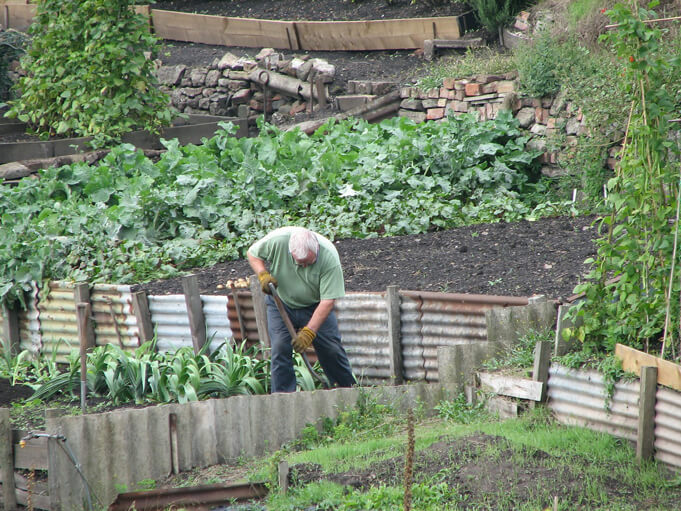
For many years, pensioners were the only ones interested in the allotment gardens. Still today, they make up the majority of the members. However, the younger generation is lining up to join in. For young families, the gardens give their children a place to safely play outside and experience nature close up.
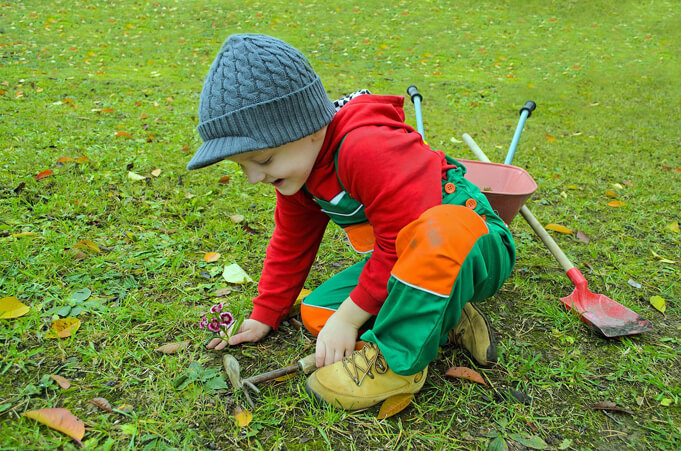
According to the German Leisure Garden federation, for the past decade the average age of gardeners was around 60. Today, young families sign nearly half of all new leases.
A place to come together
The gardens have also become a place were people of different ages, backgrounds and cultures can come together. In recent years, the associations have experience a higher rate of mixed membership. Migrants from countries such as the Soviet Union and South-East Europe show particular interest.
The integrated ages and cultures don’t come without their share of challenges, however. The plots are very close together, which can sometimes cause conflict. For example, a study by the city of Hanover found that while life in the multinational allotment gardens was generally described as positive, there were sometimes challenges with different expectations. German leaseholders in particularly, felt their international neighbors didn’t take part in association activities and tended to spend their time in the their gardens with their own friends instead of in the association meeting house. As well, people had different ideas about quiet hours, acceptable levels of noise and adherence to regulations governing the allotment gardens.
Recently, one garden in Berlin has even side “no more non-Germans” allowed to lease allotment garden plots.
The future of the gardens may be in jeopardy
Especially in Berlin, longtime gardeners fear the future of the allotment gardens. Despite surviving the Nazis, the Communists and the Berlin Wall just a few meters away, one of Berlin’s oldest allotment colonies, Bornholm II, may be at risk to developers. Rising rents and increasing populations create a housing pressure. Authorities want to find more space to build.
Roswitha Kierstein has worked her allotment garden for more than 50 years. But she now fears that within the next decade it may be knocked down.
“It’s all going to get built over,” she said sadly with a resigned shrug.
“They just talk over our heads and ignore us,” adds her husband angrily.







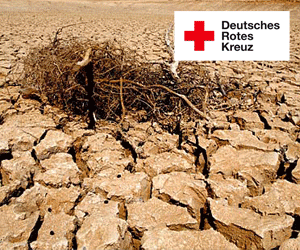






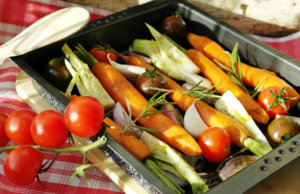








This is a very informative article. I would like to get involved with my team. We specialize in solving Urban Gardening and Allotment Gardening problems. I will leave contact information.
Thank you for your time
Joe
Comments are closed.